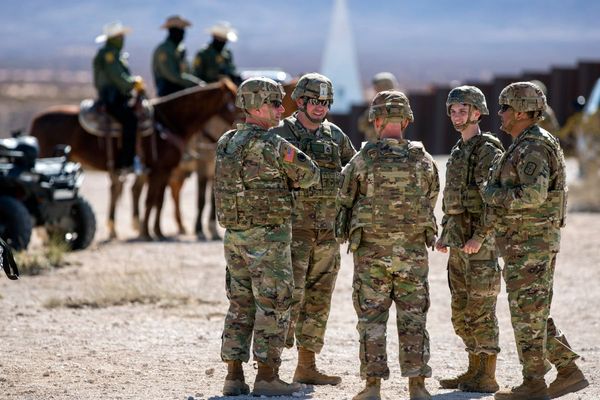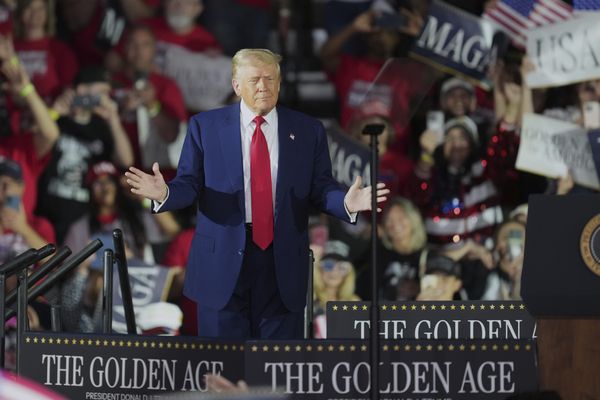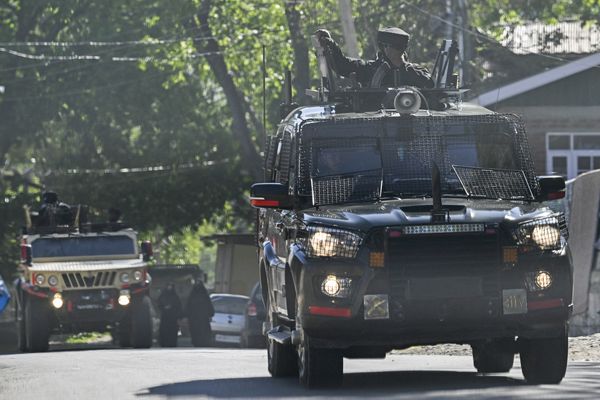Monday’s events in the Tamil Nadu Assembly — wherein Governor R.N. Ravi refused to read out the customary address and walked out of the House — have yet again raised questions about the purpose behind the practice of having a Governor’s Address.
In this context, it may be worthwhile to recall that R. Venkataraman, as President during 1987-1992, was a bitter critic of the practice of address by Presidents and Governors to the legislature at the commencement of the first session of the Houses every year.
In his memoirs, My Presidential Years, published in 1994 by Indus, an imprint of HarperCollins Publishers India, the former President described it as a “British anachronism” and a “meaningless formality”. He had recommended more than once to Prime Ministers — Rajiv Gandhi in March 1989 and Chandra Shekher in February 1991 — that the institution of the address to the legislature be deleted through a Constitutional amendment.
According to him, the address, prepared by the government, contained only views of the regime. The President and Governors were “mouthpieces”. It was for this reason that he also found fault with those who criticised the President or Governors for the contents of the address. During his presidency, he felt perturbed over controversies regarding the addresses of Governors in States such as Maharashtra and West Bengal. He was particularly “hurt” by the heckling of a respected and senior academician like Governor Nurul Hasan by the Opposition in the West Bengal Assembly. He chided the Congress party in this regard.
The only suggestion he had made to the government, before presenting his maiden Presidential address to the Parliament in February 1988, was to change the expression “My government” to “The government”. The original practice, he reasoned, was a part of the British legacy and not relevant in India which, according to Venkataraman, had a Constitution framed by people themselves through the Constituent Assembly and wherein “the powers of the President, Prime Minister, etc. are given by the people”. He pointed out that it was “incongruous” for the President of the country to call the government “My Government”.
Besides, he observed that “since the entire address is a statement of government policies and programmes, I left it to the government to present it in the form and manner it preferred”.







